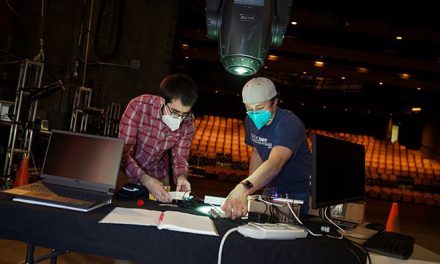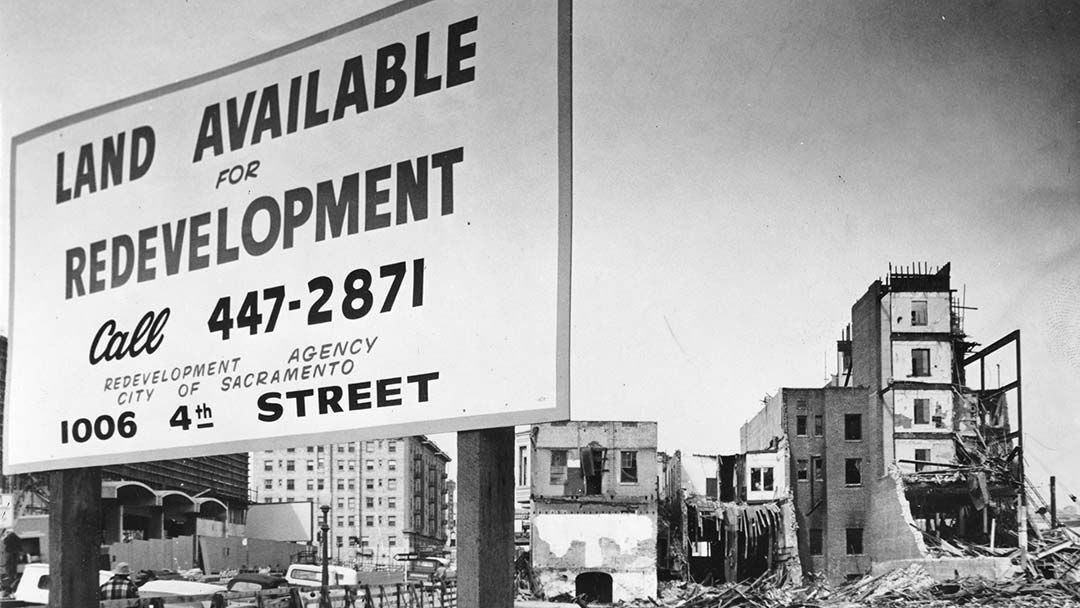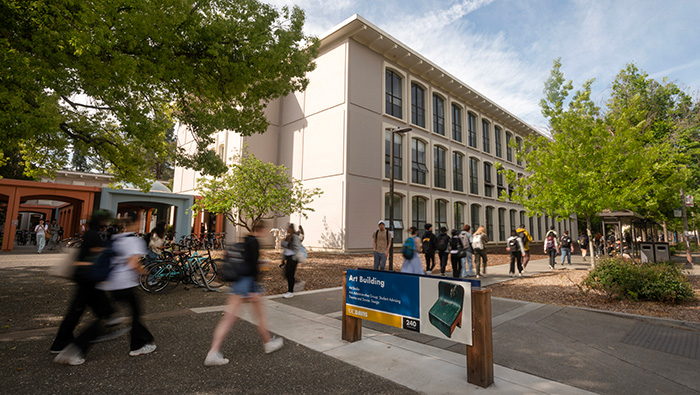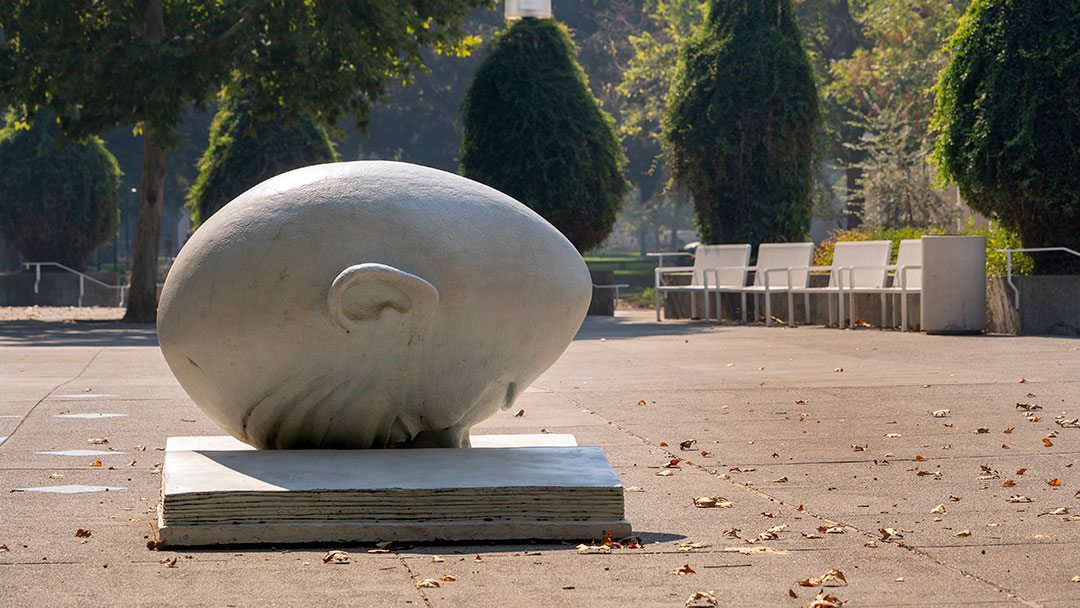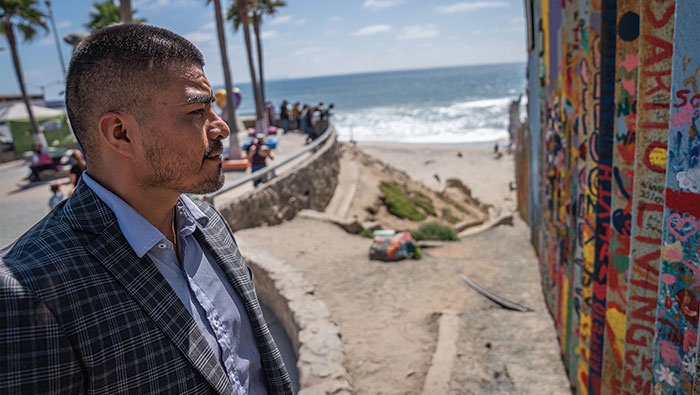
Isaac Rivera at the border wall. He is just one of more than 3 million people who have been deported from the U.S. since 2008. (Joe Proudman/UC Davis)
The Faces of Deportation
Isaac Rivera grew up undocumented in San Diego. After 19 years there, he was stopped at a checkpoint on his way to a conference. He was handcuffed and quickly moved to Mexico, where he had no family, friends or job prospects.
“I decided to do the best that I can do here. It’s been ups and downs, but I keep myself positive,” he said. “One day maybe I can go back the right way.”
Rivera is just one of more than 3 million people who have been deported from the United States since 2008. More than 250 of them are highlighted in a community-based digital storytelling project coordinated by Robert Irwin, professor of Spanish and Portuguese at UC Davis.
Irwin has been working on the project, Humanizing Deportation/Humanizando la Deportación, since 2016. He and teams of UC Davis graduate students, as well as collaborators from several Mexican institutions, have carried out fieldwork all over Mexico and California, facilitating the production of their personal stories.
The team has created a website that describes the mission and features testimonial audiovisual shorts that focus on issues that migrants want to highlight regarding their experiences and their thoughts on mass deportation. The archive also has incorporated stories of migrants in transit through Mexico, such as Central American refugees who risk deportation upon arrival in the U.S. as well as while traveling through Mexico.
Migrants talk about their attempts to forge new lives in the country they’ve been sent back to, or of their living with the risk of deportation. Some repatriated Mexicans have no memory of their “homeland,” and, for many, Spanish is their second language.
The goal of the project, said Irwin, is to highlight the complex experience of deportation. When people are deported, they are often sent away without money, family members or necessary papers to work. Many end up in shelters or living on the street. Showing what happens after deportation could translate into political action or become the basis for policy recommendations.
“Neither media coverage nor political discourse adequately accounts for the degree of human suffering that deportations have generated,” Irwin said. “Our project aims to communicate its human consequences in all their complexity.”



